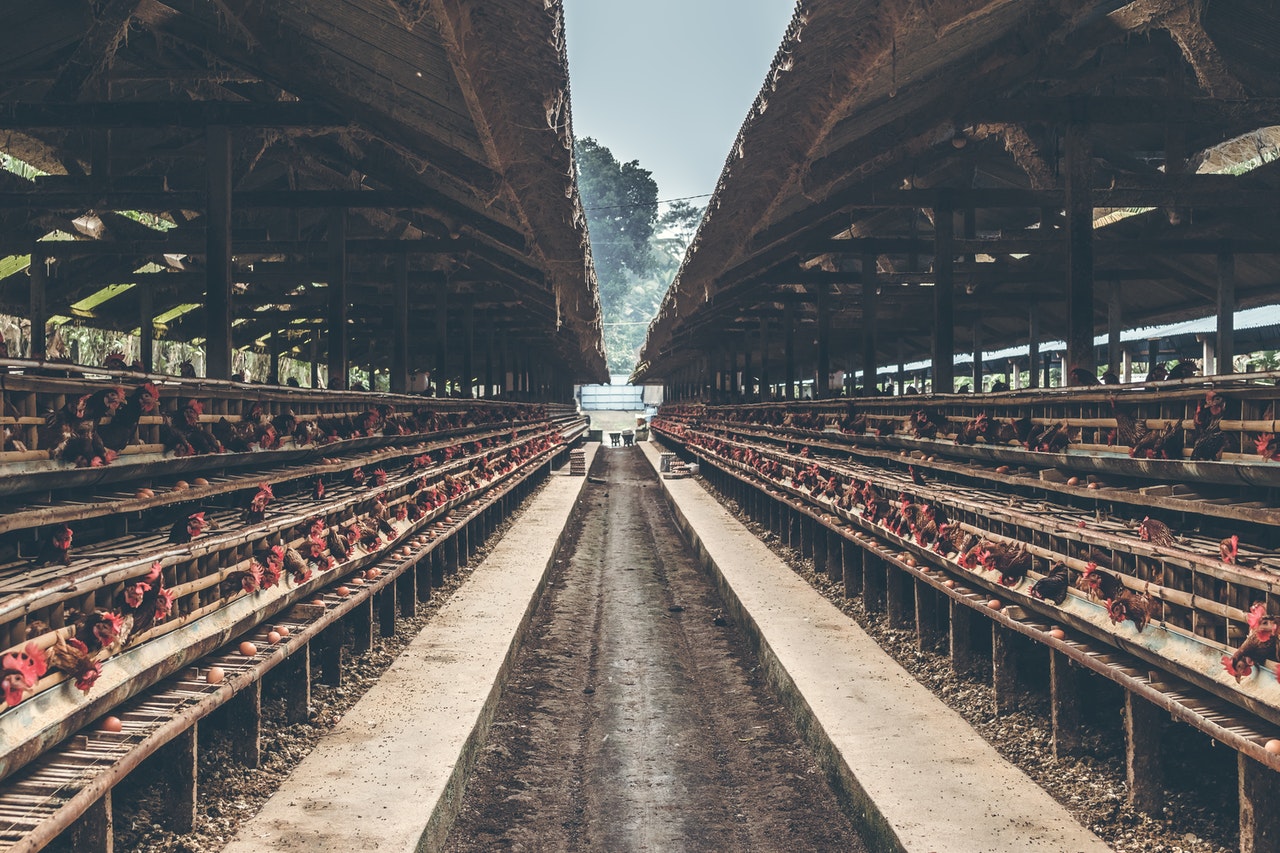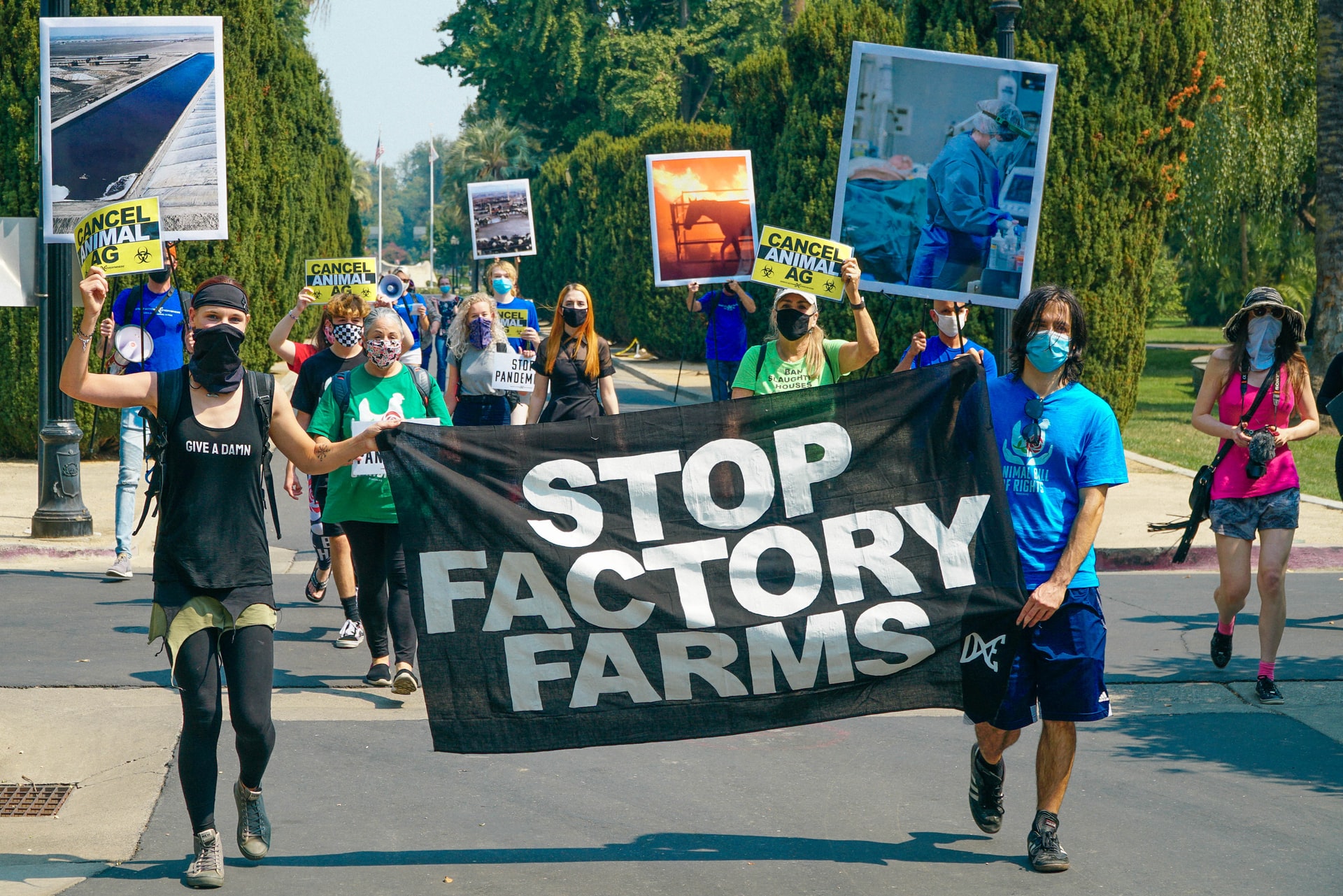
Why go plant based? For Environmental Protection
Research has revealed that animal farming carries with it grave environmental consequences. In the midst of a climate emergency, going plant-based is among the best things you can do as an individual.
Jump to Section
Plant Based Diets Save Land, Water, and Reduce Emissions
Research has demonstrated that the emissions required to get 100g of protein from the most environmentally costly animal-derived sources are roughly 18 and a half times higher than producing the equivalent amount of the respective plant-based protein. In fact, on a list of the top 10 most environmentally unfriendly protein sources, animal based sources occupy every spot.

We have before us a tremendous opportunity. While our present climate crisis is extremely serious, the damage caused by the livestock industry can be drastically mitigated with a single move. Leading climate research has demonstrated that a society-wide transition towards plant based diets would deliver a 28% reduction in global greenhouse gas emissions across all sectors of the economy. A powerful tool in the fight against climate change lies right before us — if only we may be so bold as to reach out and take it.
-

Healthy Diets and Sustainable Food Systems
Lancet Commissions
Plant based diets are associated with the greatest reductions in greenhouse gas and land use.Plant-based foods cause fewer adverse environmental effects "per unit weight, per serving, per unit of energy, and per protein weight than animal source foods."An necessary international shift "consists of increasing consumption of plant-based foods and substantially reducing consumption of animal source foods." -

Reducing Food's Environmental Impact
Oxford University
"No animal products" scenario would reduce global emissions by 28%.In addition, the land saved could remove 8.1 billion tons of CO2 each year.A 50% reduction in animal products of the highest-impact producers delivers a 20% reduction in global emissions. -

Comparing Animal and Plant Based Food Emissions
Nature Food
Findings suggest our food system produces 31-37% of human-caused emissions globally.Animal based foods produce twice that of plant-based foods.The majority of cropland is used to feed livestock, not people.A lead researcher on the study stated: “To produce more meat you need to feed the animals more, which then generates more emissions. You need more biomass to feed animals in order to get the same amount of calories. It isn’t very efficient.”

Key Data
Our current diet is terrible for our shared environment.
Animal agriculture is among the most damaging causes of carbon emissions from a single source. For this reason, no movement to heal our climate can be complete without an emphasis on plant based diets. .
28% Total reduction in global greenhouse gas emissions through a widespread adoption of a vegan diet.
18.5x More emissions for highest polluting animal based protein sources versus the equivalent plant based source.
20 Companies Selling animal sourced food produce more emissions than Germany, Britain, or France.
46% Of ocean plastic is fishing nets. The second most common source is also fishing gear.